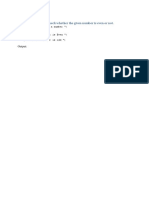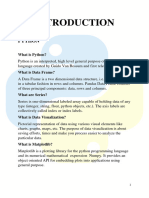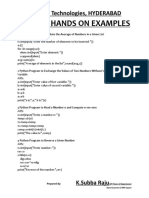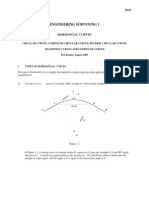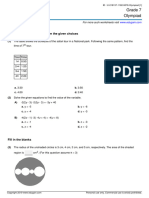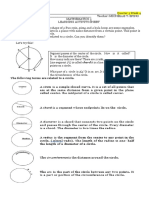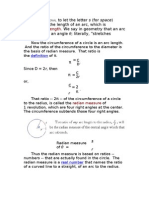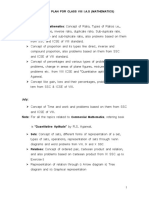0% found this document useful (0 votes)
36 views16 pagesProblem Solving Exercises
This document outlines a series of problem-solving exercises using Python for students at CMR University. It includes various programming tasks such as converting units, calculating areas, and implementing algorithms for mathematical operations. The exercises are designed to enhance students' understanding of Python programming and problem-solving skills.
Uploaded by
eshauppin1Copyright
© © All Rights Reserved
We take content rights seriously. If you suspect this is your content, claim it here.
Available Formats
Download as PDF, TXT or read online on Scribd
0% found this document useful (0 votes)
36 views16 pagesProblem Solving Exercises
This document outlines a series of problem-solving exercises using Python for students at CMR University. It includes various programming tasks such as converting units, calculating areas, and implementing algorithms for mathematical operations. The exercises are designed to enhance students' understanding of Python programming and problem-solving skills.
Uploaded by
eshauppin1Copyright
© © All Rights Reserved
We take content rights seriously. If you suspect this is your content, claim it here.
Available Formats
Download as PDF, TXT or read online on Scribd
/ 16














